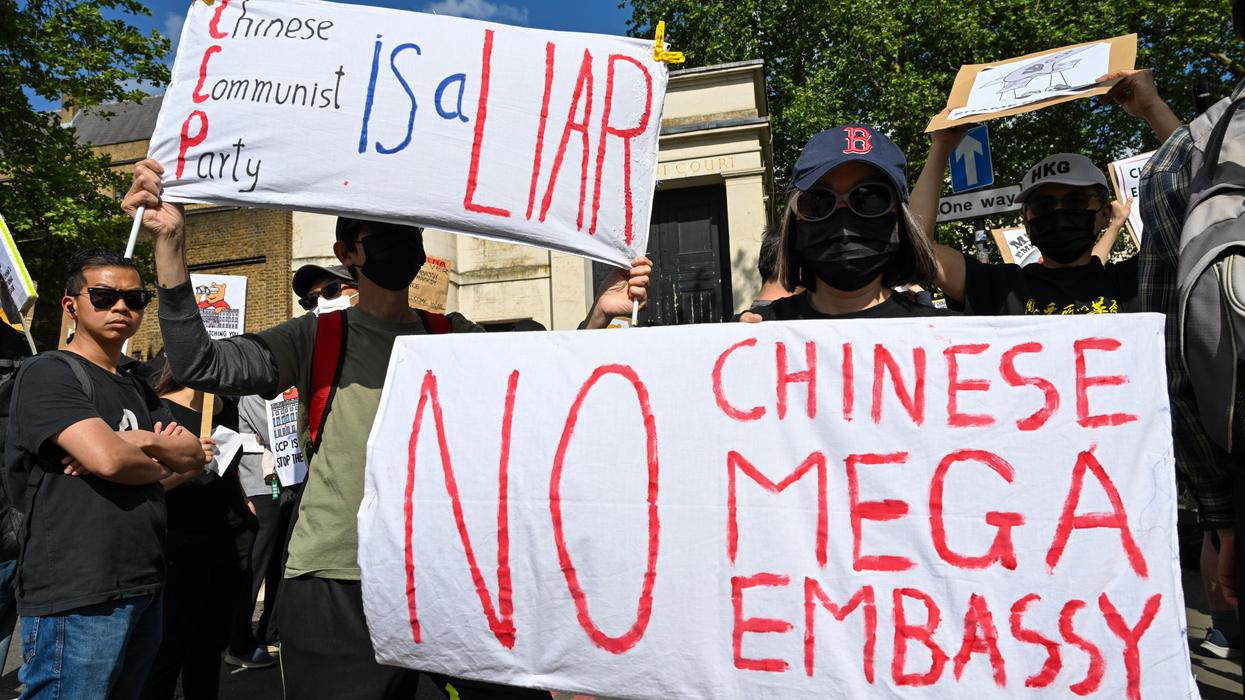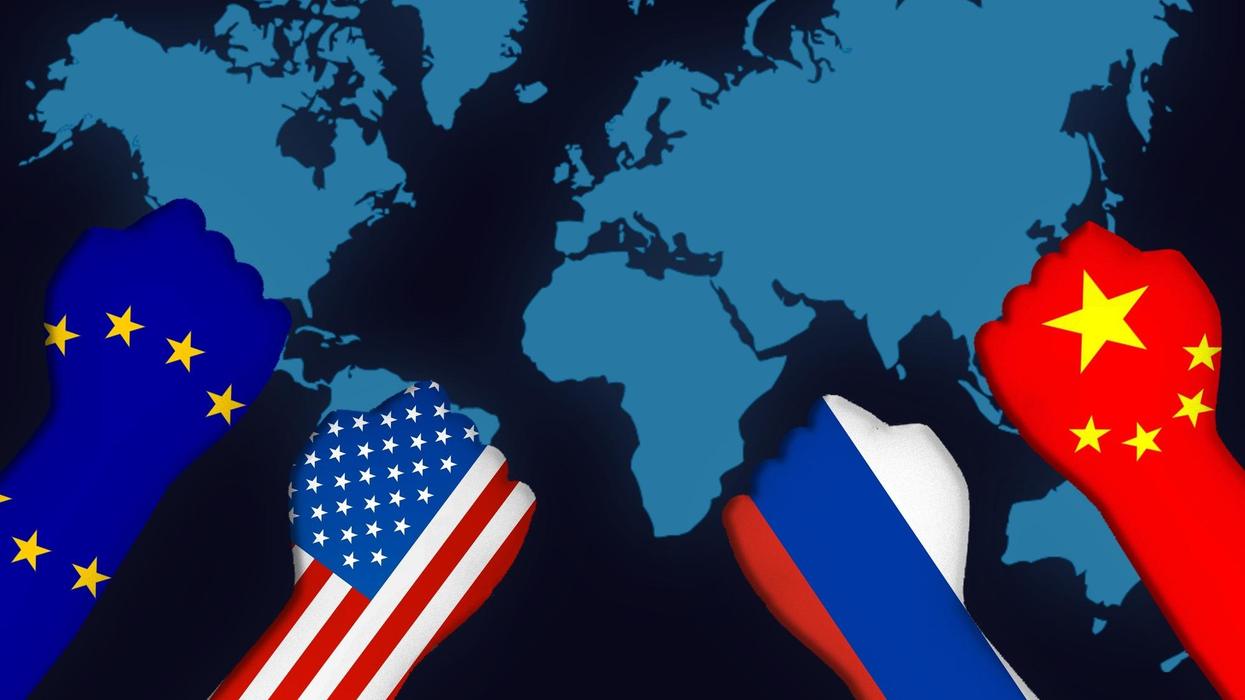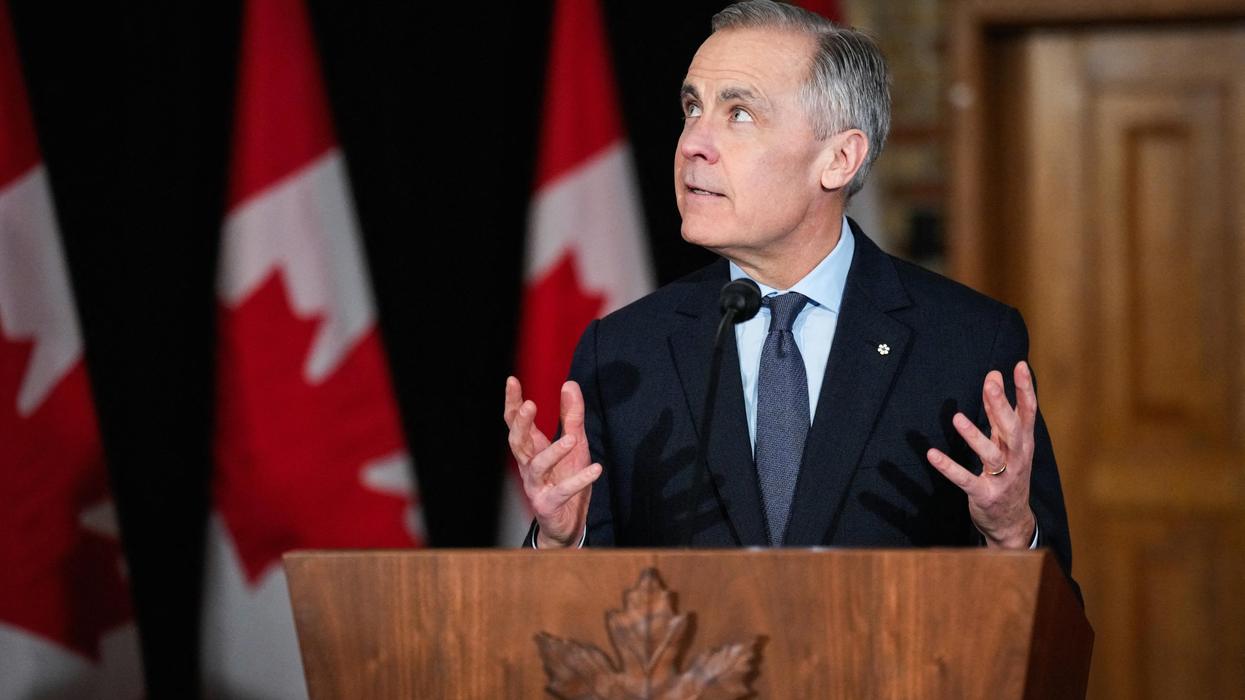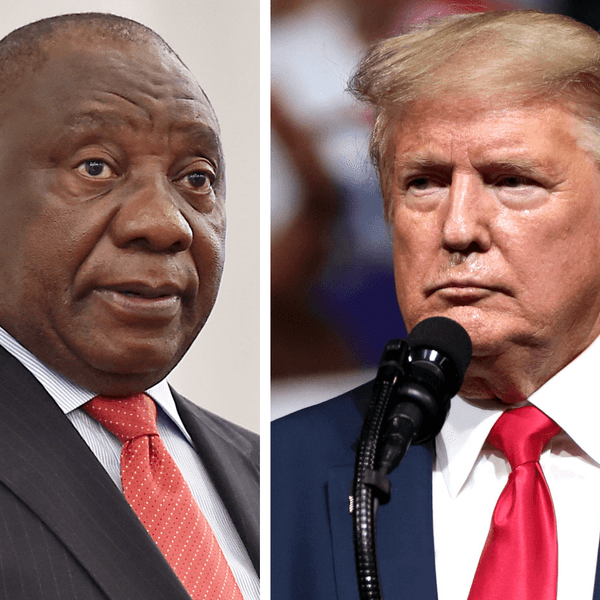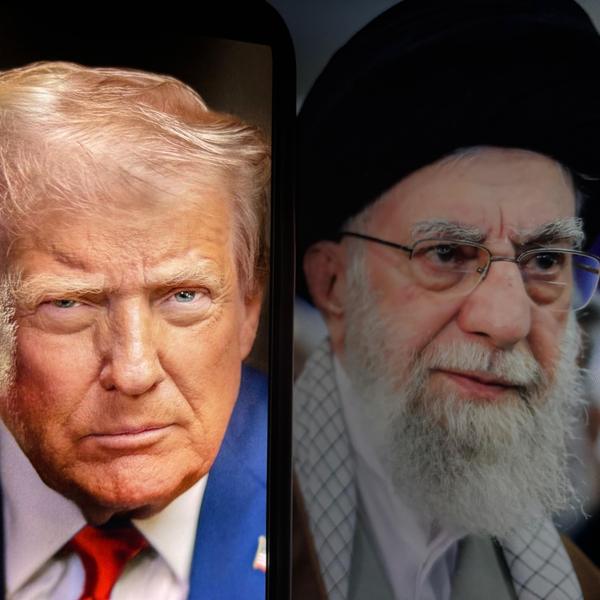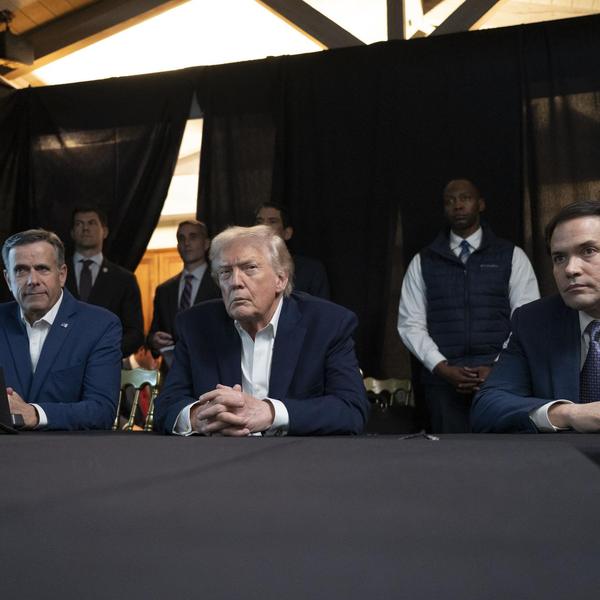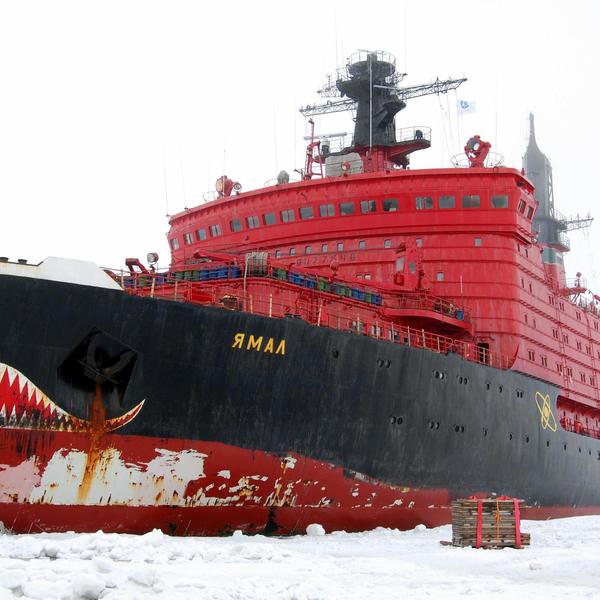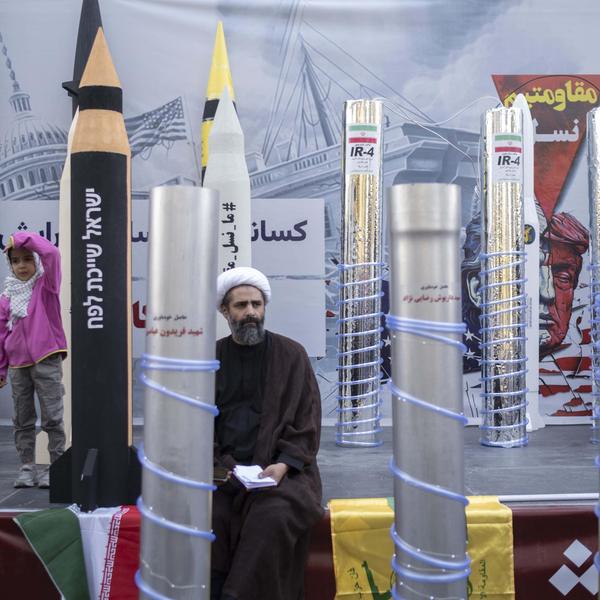Popular protests in Iran came at a particularly delicate time for the nuclear agreement between Iran and the world powers, known as Joint Comprehensive Plan Of Action (JCPOA). More than one year after the United States unilaterally withdrew and re-imposed extraterritorial sanctions against Iran, the JCPOA is hovering precariously on a brink of collapse. Currently, the only obvious path available for Iran and the U.S. to avoid a direct confrontation is the French President Emmanuel Macron’s initiative to mediate between them, and to issue a $15 billion credit line to Iran to cover its basic needs.
The eruption of the protests in Iran, however, seems to have dis-incentivized Washington from seeking to re-launch diplomacy with Tehran. Instead, the White House and Secretary of State Mike Pompeo unambiguously sided with the protestors. They see the protests as evidence that their campaign of “maximum pressure” against Iran is working. Consequently, there is no point in talking to the “theocratic regime," as it is, from their view, about to implode soon anyway.
This is likely to be a miscalculation. True, Iran consistently defied expectations and serially embarrassed experts, therefore humility is in order when assessing developments there. And the regime-imposed Internet shutdown at the outset of the protests does not contribute to better understanding them. Yet, any suggestion of an impending regime change in Iran should be met with skepticism.
Since its inception, the Islamic Republic has weathered multiple crises. Current turmoil was provoked not by the American sanctions, but by the government-imposed 50 percent hike in fuel prices. Ironically, in implementing the measure, the Rouhani administration followed the advice of the International Monetary Fund (IMF), the very mainstay of American-led international financial order. As an economist Esfandiyar Batmanghelidj noted, doing so was fiscally sound, as Iran has unreasonably low petrol prices. According to the IMF, subsidies to maintain them eat up to 1.6 percent of Iran's GDP. These protests are fundamentally of the same nature as anti-austerity revolts in other countries, such as, most recently, Egypt and Chile. Neither of these countries is an object of American sanctions, nor is there any external-promoted regime change drive.
This does not mean that there are no attempts to hijack legitimate economic grievances for regime change purposes. The fake news machine fueled by monarchist and Mujahedeen-e Khalk (MEK) trolls was in full swing trying to create an impression of a revolutionary situation. In addition, reckless statements by American officials, such as Richard Grenell, the ambassador in Germany, and Brian Hook, the special representative for Iran, gave credence to the hypothesis of external manipulation.
This push, however, is unlikely to succeed, for three main reasons. First, however alienated many Iranians feel with respect to the regime, their experience tells them that a violent revolution usually leads to worse, not better outcomes. Second, the fear of a bloody chaos and disintegration along the Syrian or Iraqi lines is genuine and runs deep. Third, the security apparatus is brutally effective in nipping any uprising in a bud and its job is being helped by credible allegations of external interference. Coincidence or not, but the latest wave of protests started to ebb after loud proclamations of a U.S. support.
That leaves the nuclear clock ticking as before the protests. Absent any negotiation and sanctions relief, Iran is likely to accelerate its own departure from the JCPOA. The much-feared next step may be enrichment of uranium up to 20 percent, which could trigger a sanctions snapback in the United Nations Security Council (UNSC). Iranians made it clear that this would lead them to abandon not only the JCPOA, but also consider leaving the Non-Proliferation Treaty (NPT) as well. All IAEA inspectors would then be expelled from the country. That, in itself, does not inevitably imply a dash for nuclear weapons. Iranians would be content with creating what Nasser Hadian, a political scientist from the Tehran university, calls strategic ambiguity that would have the world guess about their intentions.
Once the situation is pushed to that extreme, only two paths become available: further securitization of Iran under the Article 7 of the United Nations Charter, or new, post-JCPOA negotiations. Consistent with Iran’s tactics in the last months, more pressure would certainly invite more resistance from Iran, both on the nuclear file and in the region. Those who like President Hassan Rouhani and foreign minister Javad Zarif still advocate for diplomacy will have fewer arguments to convince the ultimate decider, Ayatollah Khamenei, to back their line. The hardliners who reject any accommodation with the West, by contrast, will see their power increased, perhaps as soon as the next parliamentary elections in February 2020. That would leave war as a way to break the deadlock. President Donald Trump, however, consistently showed reluctance to engage in a new, and assuredly disastrous, conflict in the Middle East that could cost him re-election. A Democratic president would be even less inclined to embark on a warpath at the beginning of his or her mandate.
Which makes a return to diplomacy at some point inevitable. The sooner it happens, the lower the costs and risks for all involved. Once Iran is referred to the UNSC, the likelihood of a full-blown nuclear crisis will increase—the reluctance of U.S. presidents to engage in wars should not be taken as a guarantee that they will never stumble into one. Likewise, some elements within Iran, far more radical than Khamenei, might be tempted to push things to the brink. Even if both sides will escalate merely to accumulate chips for an eventual bargaining, the risks that the conflict will spiral out of control can never be underestimated. And credible negotiations are more likely with the current government of Iran than an alternative, which is another reason why Hook’s jubilation at protests is so woefully misplaced.
To prevent a nuclear crisis from materializing, Europe needs to step in and deliver Macron’s credit lines to Iran as a way of keeping it within the JCPOA. In situations of acute security threat, the EU is capable of acting, including by putting money where its mouth is: it happened in 2016 when the EU struck a pragmatic deal with Turkey on migration management. Washington’s reaction to the protests in Iran leaves no space for doubts: there is simply no time left for Europe to wait for U.S. approval of its initiatives on Iran. Macron’s plan should be implemented without any further delay.
The alternative to such a bold action for Europe would be either a war that will directly affect its security, or negotiations at some point between the U.S. and Iran, with Europe absent from the table. If the EU seizes the momentum now, it has a chance of proving itself as a serious geopolitical player. In this sense, the Iran crisis may yet prove to be a blessing in disguise. If not, Macron’s stark warning of Europe fading into irrelevance will prove to be sadly prescient.
This article originally appeared on LobeLog.com.


